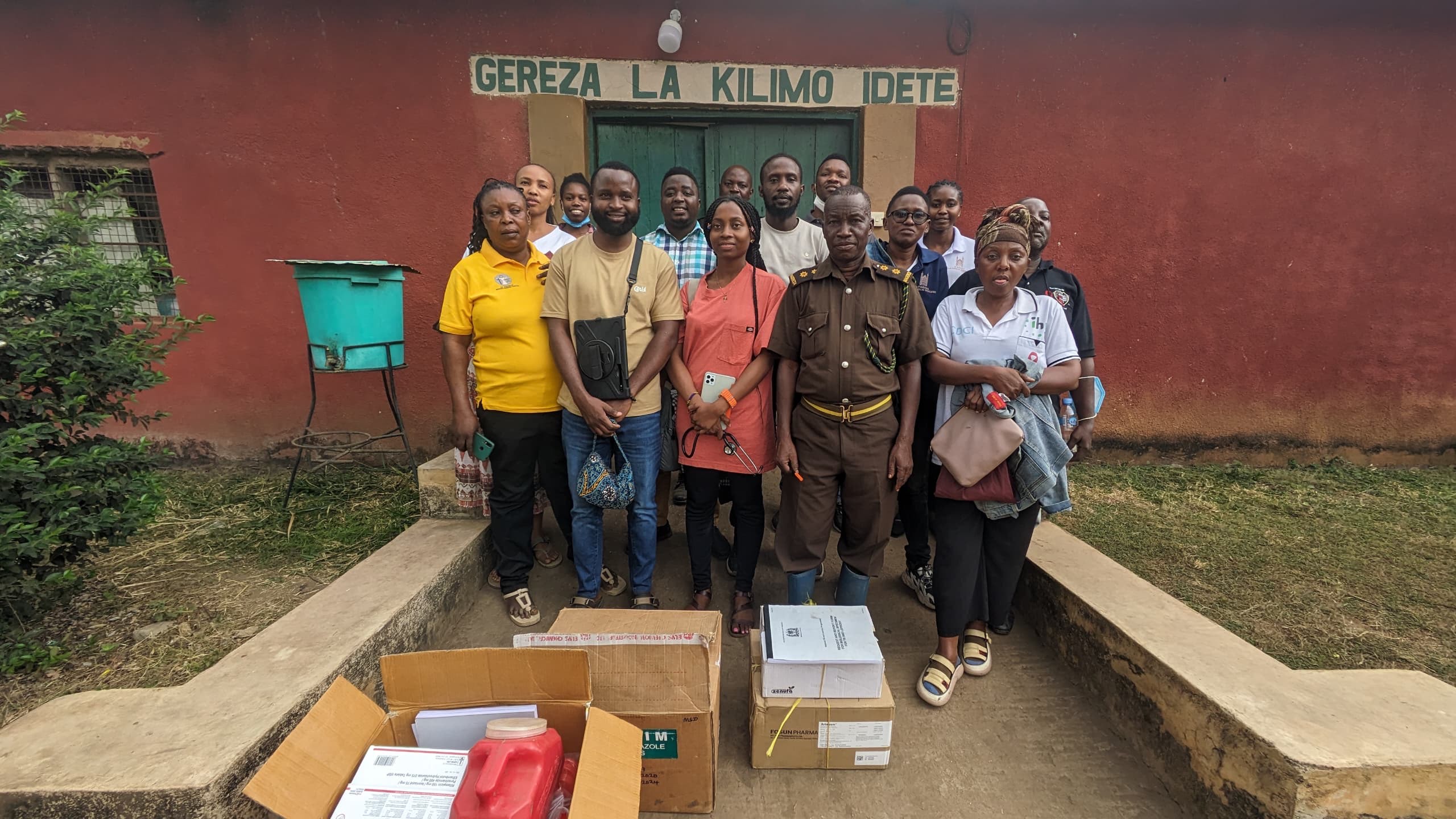
IMPACT: Ifakara, partners screen inmates for TB, HIV

From August 9 to 11, an extensive outreach program was conducted at Idete Agricultural Prison, focusing on TB and HIV screening among inmates. The program, a collaborative initiative involving Ifakara Health Institute, St. Francis Referral Hospital (SFRH), and USAID Afya Yangu, marked a significant step in addressing public health concerns within a prison environment.
The primary aim of the program was to conduct intensive TB case finding, diagnose other forms of pneumonia and sexually transmitted diseases (STDs), and perform HIV screening for prisoners in the Kilombero Valley.
The outreach team, led by Dr. Ezekiel Luoga, comprised skilled clinicians, nurses, a sonographer, and counselors from the Chronic Disease Clinic in Ifakara (CDCI) - an integral part of the SFRH.
Over the three days, the team achieved remarkable outcomes. These included screening 172 inmates for HIV and TB, and performing lung ultrasounds that were crucial for diagnosing and managing respiratory illnesses among the inmates.
In addition to screening, the team provided health education to inmates and staff on TB and HIV prevention, transmission, and the importance of early treatment, empowering individuals to take charge of their health effectively. The prison healthcare staff also received training in TB and HIV screening, diagnosis, and management, ensuring the program's long-term impact.
The success of the Idete outreach program underscores the importance of regular TB and HIV screening initiatives in similar settings. The team recommends establishing ongoing TB screening programs at other prisons and enclosed communities in the Kilombero and Ulanga Valleys, alongside capacity-building for prison healthcare staff and targeted awareness campaigns to sustain the momentum.
“The outreach program at Idete Agricultural Prison had the potential to significantly reduce TB prevalence within this high-risk environment. By addressing the inmates' medical and educational needs, this program can serve as a model for similar initiatives in other prisons and enclosed communities.”
The outreach program has demonstrated that targeted health interventions can significantly reduce TB and HIV prevalence in high-risk environments. The collaboration between IHI, SFRH, and USAID Afya Yangu provided critical healthcare services to inmates setting a model for future programs in similar settings.
